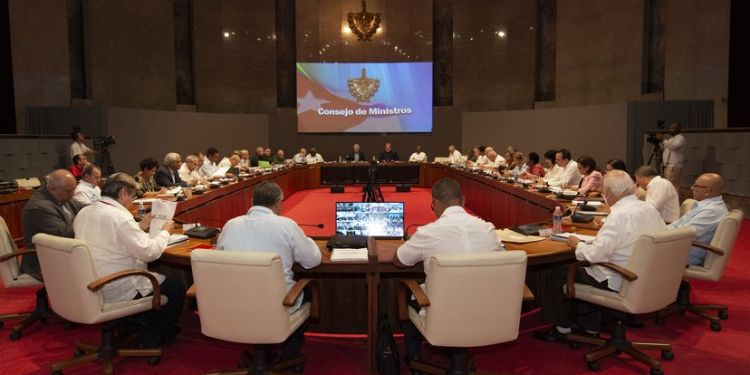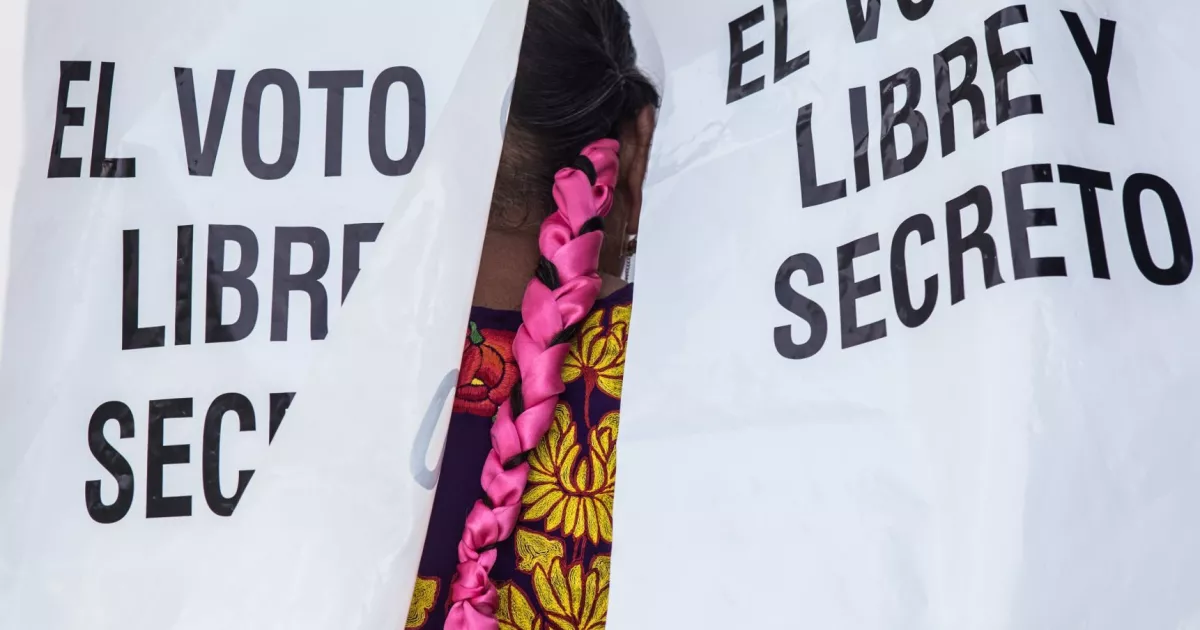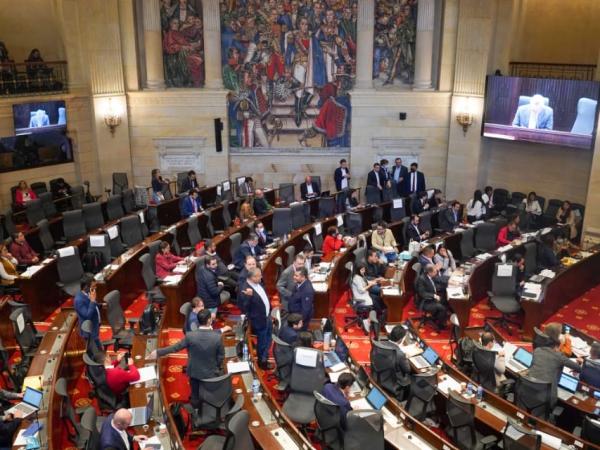Havana Cuba. – The Government of Cuba is overwhelmed by the disastrous results of its economic measures, but refuses to undertake the essential radical changes with the opening to private initiative in agriculture and state enterprises, with the exception of those considered strategic, with ample encouragement to MSMEs. Perhaps there is a lack of consensus within him and he is afraid of showing weakness; therefore, it resorts to repression to silence the demands of the population and the proposals of the independent civil society accused of being an instrument of the United States. Tourism does not take off.
The Council of Ministers held on October 26 was defined as transcendental for the analyzes and decisions on the most relevant issues for the country. However, the official media only emphasized the “shirt off” analysis of illegalities, theft and abusive prices without any economic basis. The Prime Minister, Manuel Marrero, presented a comprehensive and detailed plan with more than 40 general directives -not yet published- for a greater confrontation with crime, corruption, illegalities and social indiscipline, with emphasis on execution by local authorities in the municipalities and neighborhoods, the media reported.
The scarcity of supply in the stores selling pesos and the state agro-markets impose long queues on the population that do not allow them to satisfy their elementary food and hygiene needs, with the result of hoarding by people who resell them. The raids on agricultural markets have not prevented the constant rise in prices, but they could revive the withdrawal of supply and the discouragement of peasants from working during the current low production months, coinciding with the decrease in supplies due to the damage caused by Hurricane Ian and floods.
Repression has been the alternative deployed in the face of the rise of social discontent due to the rampant increase in the cost of living and the impossibility of acting to create the present and future of the nation. Freedom of expression and association, in addition to other human rights, overlap with common crimes of illicit sales, theft, corruption, and disorderly conduct. The 2019 Constitution, in its article 4, establishes that in Cuba the socialist system is irrevocable, and that citizens have the right to fight with all means, including armed struggle, when no other recourse is possible, against anyone who tries to overthrow the public, social, political and economic order established by this Constitution. The Penal Code and other complementary instruments have been tightened, with an increase in crimes punishable by the death penalty.
In the Council of Ministers, Vice President Alejandro Gil had to report on the behavior of the economy as every month. However, the situation must be dire and lacking in support, judging by the bitter synthesis that tourism has received only 1,074,795 visitors, with an estimated 1,710,000 at the end of the year ―a figure less than 2.5 million projected in the Economy Plan―, and due to the relevance given to the fact that exports of goods grew by 108% in “important items” such as honey, mechanized tobacco, rum, lobster and nickel.
These amounts and values are minimal compared to the old exports of sugar and other products, the need for money for imports and the payment of debts incurred. Only nickel has greater weight, but it has not been able to benefit from the increase in prices on the international market due to the drop in production, offset by these increases. The capture of lobsters will probably be reduced due to the impact of Hurricane Ian on the facilities and ships of the La Coloma company, which contributes 40% of Cuba’s exports.
Fundamental issues should have been the quantification of the damage and the programs to deal with the economic consequences of Ian in the West of the country, especially in Pinar del Río, producer of the best tobacco, which lost most of the drying houses, the leaves stored, the selection premises and the essential seed rooms to start the sowing scheduled for October 20. In Pinar del Río, as in Artemisa, Mayabeque and Havana, thousands of homes were partially or totally affected; Equipment, cables, electrical and telephone poles, roads and bridges were lost.
Simultaneously, the evacuated population has been helped and the sale of construction materials has begun; although the replacement of the totally lost goods will be in the very long term due to the non-existence in the stores and the impoverishment of the affected population. The losses in other branches and the costs for reconstruction, as well as the decrease in all productions due to a shortage of electricity, fuel, and raw materials, are factors that aggravate the tense situation.
The mass exodus is once again the solution, under hypocritical accusations that it is promoted by the United States Government; while the authorities hide that the more than 200,000 Cubans who arrived in that country in the course of a year complicate for President Biden the difficult situation created by Central American, Mexican, Haitian and other citizens. Once again, this is the remedy for social pressure and the guarantee of remittances for the future.
OPINION ARTICLE
The opinions expressed in this article are the sole responsibility of the issuer and do not necessarily represent the opinion of CubaNet.
Receive information from CubaNet on your cell phone through WhatsApp. Send us a message with the word “CUBA” on the phone +525545038831, You can also subscribe to our electronic newsletter by giving click here.






